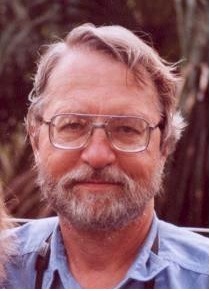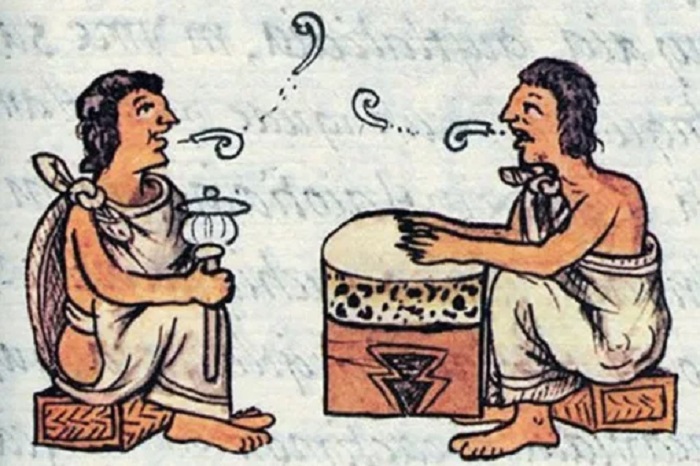On January 17, 2020, The Yucatán Times published an article by Dr. Jorge Victoria Ojeda on the origin of the name “Yucatán.” With great respect for Professor Victoria, a distinguished scholar, permit me to offer an alternative theory.
The story that the name is a corruption of “I don’t understand you” or some similar response is a good one, so popular that it has endured for five hundred years. We must notice, though, that the Yukatek phrase Ma’anatik ka t’an really does not sound much like Yucatán.
Another factor that casts doubt on this theory is that Columbus’s son Fernando recorded Iuncatam in his journal of the Admiral’s fourth voyage, in 1502. Noted in an encounter with a Maya trading vessel off the coast of Honduras, this predates by fifteen years the “discovery” of Yucatán by Francisco Hernández de Córdoba and the famous “I don’t understand.”
For consideration, an alternative theory of the name’s origin is that it comes from the Chontal word for their language.
The Chontal people dominated trade routes around the Peninsula, sailing out of their major center at Xicalango, in what is now southwestern Campeche State. The Chontal language was the trade lingua franca throughout the region. The Chontal call their language Yoko, and t’an (or tʼàan in Maya pura) is the basic Mayan word for “language.” Yokot’an was, and still is, the name of the Chontal language and, by inference, the people who speak it and the region in which it is spoken.
Before the invaders destroyed the Maya trading culture, the Yucatán peninsula was the Chontal-language trade region. Yokot’an is essentially the same word as “Yucatán.” The theory is easy to understand, though perhaps it does not make as good a story as “I don’t understand.”
References:
- Gil, Juan and Consuelo Varela (eds.), Cartas de particulares a Colón y Relaciones coetáneas, Alianza, Madrid (1984), p. 331.
- Harrisse, Henry, Bibliotheca americana vetustissima. A description of works relating to America published between the years 1492 and 1551, Geo. P. Philes, New York, (1866), pp. 471-474.
- Keller, Kathryn C. and Plácido Luciano G., Diccionario chontal de Tabasco, Instituto Lingüístico de Verano, Tucson (1997), p. 299.
- Sharer, Robert J. and Loa P. Traxler, The Ancient Maya, 6th edition, Stanford University Press, Stanford (2006), p. 526.

Robert D. Temple is the author of the book, After the Meteor: Surprising History in Yucatán, a collection of articles originally published in The Yucatan Times.



